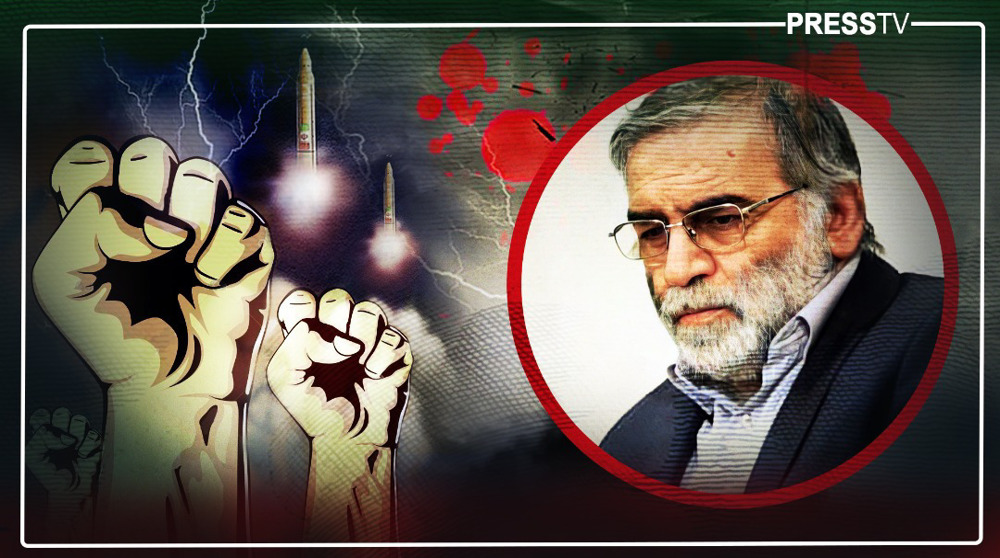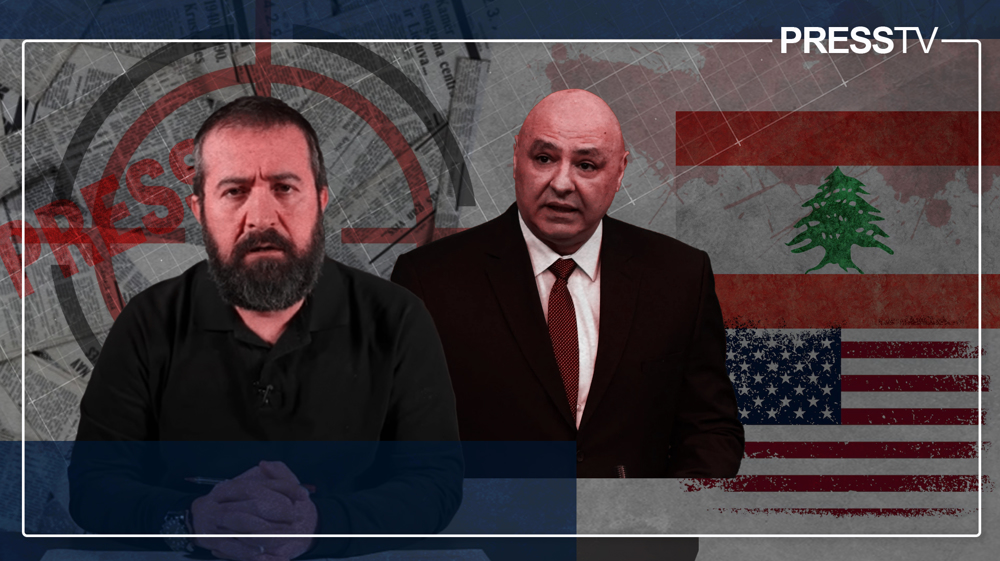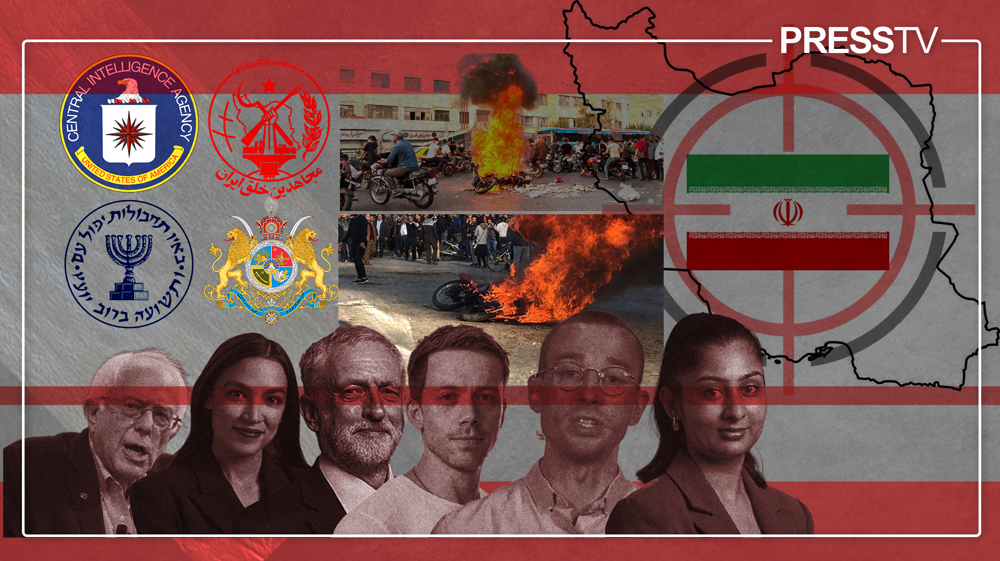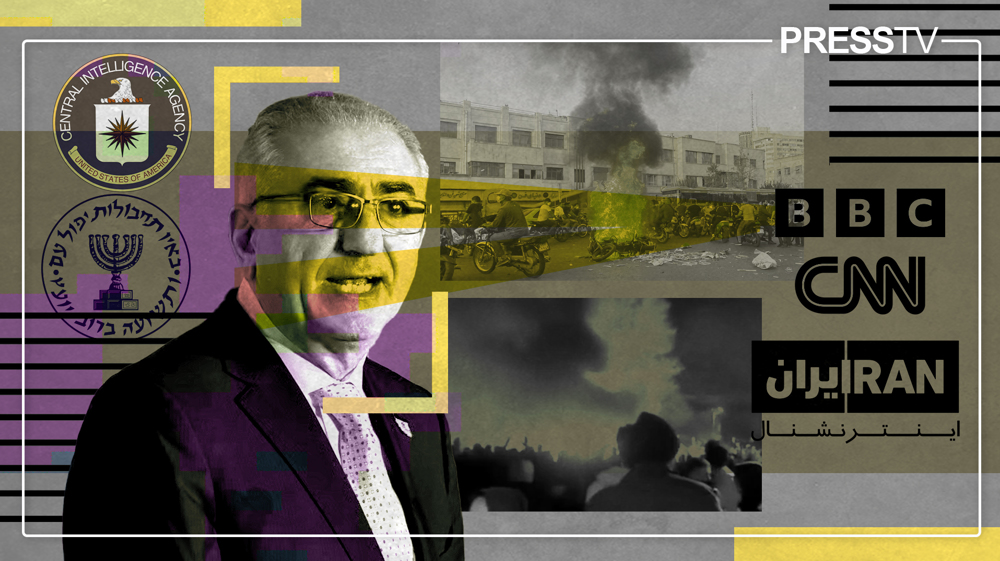Iran reserves the right to retaliate for assassination of Fakhrizadeh
By Julia M.K.
On November 13, 2020, the NY Times claimed that Mossad gunned down an Al Qaeda operative -- Abdullah Ahmed Abdullah -- in Tehran in August 2020.
The article rested on a fabricated premise; Al-Qaeda is a Takfiri enemy of Iran and its allies and its respawning as ISIS in 2014 was effectively fought off by the Iranian allied Hashd al-Shaabi. Similarly, Al-Qaeda in the Arabian Peninsula (AQAP) defeated by the Ansarallah in Yemen.
Obviously, the story was aimed at building up approval for the real Mossad assassination that was just about to take place in Tehran.
Exactly two weeks later, on November 27, Iranian scientist Mohsen Fakhrizadeh was murdered by an artificial intelligence remote-controlled weapon in Tehran close to the site of nuclear facilities.
The Middle East institute called the murder a “failure of Iranian intelligence” despite the illegality and breach of sovereignty of the assassination.
Last week, the New York Times gave additional justifications of the act as due to the “tepid response” of Iran following the assassination of General Qassem Soleimani and Abu Mahdi al Muhandis.
Iran does not operate reactively to the whims (and expectations) of US aggression, but is rather more strategic and proactive in its retaliation that retains its prioritization of regional resistance and deterrence.
Throughout 2020, Iran and the PMU’s striking of US targets and bases in Iraq has waged major blows to the US occupation.
On January 8, 2020, Iran launched “Operation Martyr Soleimani,” against the Ain al-Assad US airbase in Iraq, in which the 11 rocket attacks accurately hit the airbase caused heavy losses to the American occupation’s soldiers.
The Americans themselves covered up their casualties at the event of the counterstrike. The assassination of Iranian scientists is not only not a new low for the US or Israel, but a strategy it had worked on perfecting for years.
Between 2010 and 2012, four scientists were assassinated by Israel, with assistance from local separatists.
Iran’s positionality as being on the receiving end of attacks by the Zionist entity are not testaments of the Islamic Republic’s weakness, but rather the illegal rogueness on which the Zionist entity operates.
Despite the vitriol about Iran’s nuclear program, international agencies such as the IAEA and UN have repeatedly and thoroughly inspected Iran’s nuclear stockpiles and reactors, not only finding no evidence of nuclear weapons being built, but also confirming that Iran has consistently been in compliance with internationally-mandated standards of nuclear enrichment - standards designed to push Iran under the presumption of guilt and halt its peaceful, scientific nuclear development plans.
The Zionist entity used its leverage within the IAEA to obtain confidential information that enabled the assassinations and sabotage to take place. In 2018, its spies stole 110,000 nuclear-related documents from a Tehran site.
According to a report issued by the Islamic Republic to the UN inspectors, Iran’s inspections by the IAEA rose from 37 percent in 2010 to 74 percent in 2015.
Another sabotage incident took place in June by Israel, when Iranian authorities thwarted a planned attack on a nuclear site in Karaj. The attack, while causing some structural damages, was obviously aimed at putting pressure on Iran during the renewed JCPOA talks in Vienna.
The US and EU scolded Iran for not allowing it and the IAEA unconditional access to its facilities, despite both refusing to condemn the June attacks on Iran’s nuclear facilities and seeking an unfair renegotiation of the JCPOA that would force Iran to return to the agreement on the West’s terms without agreed-upon sanctions relief.
By leaving the JCPOA, Iran has been able to enrich its uranium up to 60%, which has also accompanied its prosperous increase in its domestic manufacturing, production, and exports.
While the Islamic Republic doesn’t operate on a code of vengeance, the repeated attacks against citizens, including educators and scientists like Fakhrizadeh, warrants deterrence and the right for Iran to defend itself against attacks.
The Zionist entity, which bears weapons stockpiles and has had full allowance in refusing inspections by international investigators, has waged consistent attacks against Iran’s nuclear facilities and scientests with complete impunity from the same nations that are suddenly accusing Iran of noncompliance.
But just as Iran has chosen to no longer accept the burden of the US’s illegal sanctions, it also will no longer allow the Zionist entity attacks to go unanswered and unretributed.
An intricate plan of deterrence and defense that targets the Zionist facilities and strategic systems is underway, according to Tuesday comments made by an official at the Khatam al-Anbia Central Base.
The Islamic Republic of Iran ranks 4th in nanotechnology worldwide, a technology used for artificial intelligence, and the IRGC estimated in 2016 that the technology would be used in battle by 2024.
The Zionist entity and US’s continued attacks and sabotages against Iran and its energy infrastructure further prove Iran’s intransigence, not weakness. It further highlights these powers’ inability to cope with the rapid and resilient prosperity of the Islamic Republic in its full turn towards its own economic capabilities and away from EU and US diplomatic and economic subservience.
Julia M.K. is a Beirut-based analyst, writer, and political commentator. Along with regular appearances on PressTV, her work has also appeared in Al-Mayadeen, Al-Akhbar, Mirat al-Jazeera, Counterpunch, and elsewhere.
(The views expressed in this article do not necessarily reflect those of Press TV.)
Iran summons Italian envoy over calls to proscribe IRGC
VIDEO | Trump's imperial Peace Council
VIDEO | Israel says remains of last captive found in Gaza
US immigration authorities keep Arlington father from attending son’s funeral
'Militia that kills’: Milan mayor says US ICE agents not welcome at Winter Olympics
CIA-Mossad footprint turned Iran’s peaceful protests into ‘full-scale street war’: Analyst
VIDEO | Press TV's news headlines
Economic protests and subsequent terrorism in Iran










 This makes it easy to access the Press TV website
This makes it easy to access the Press TV website